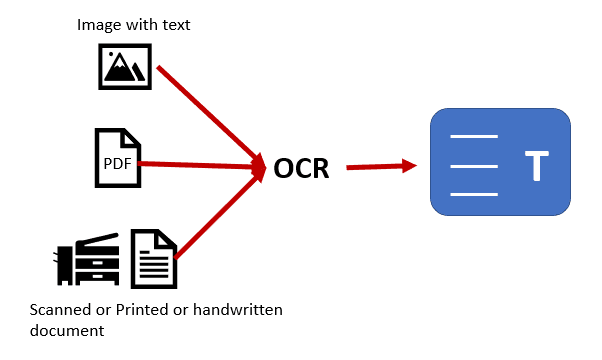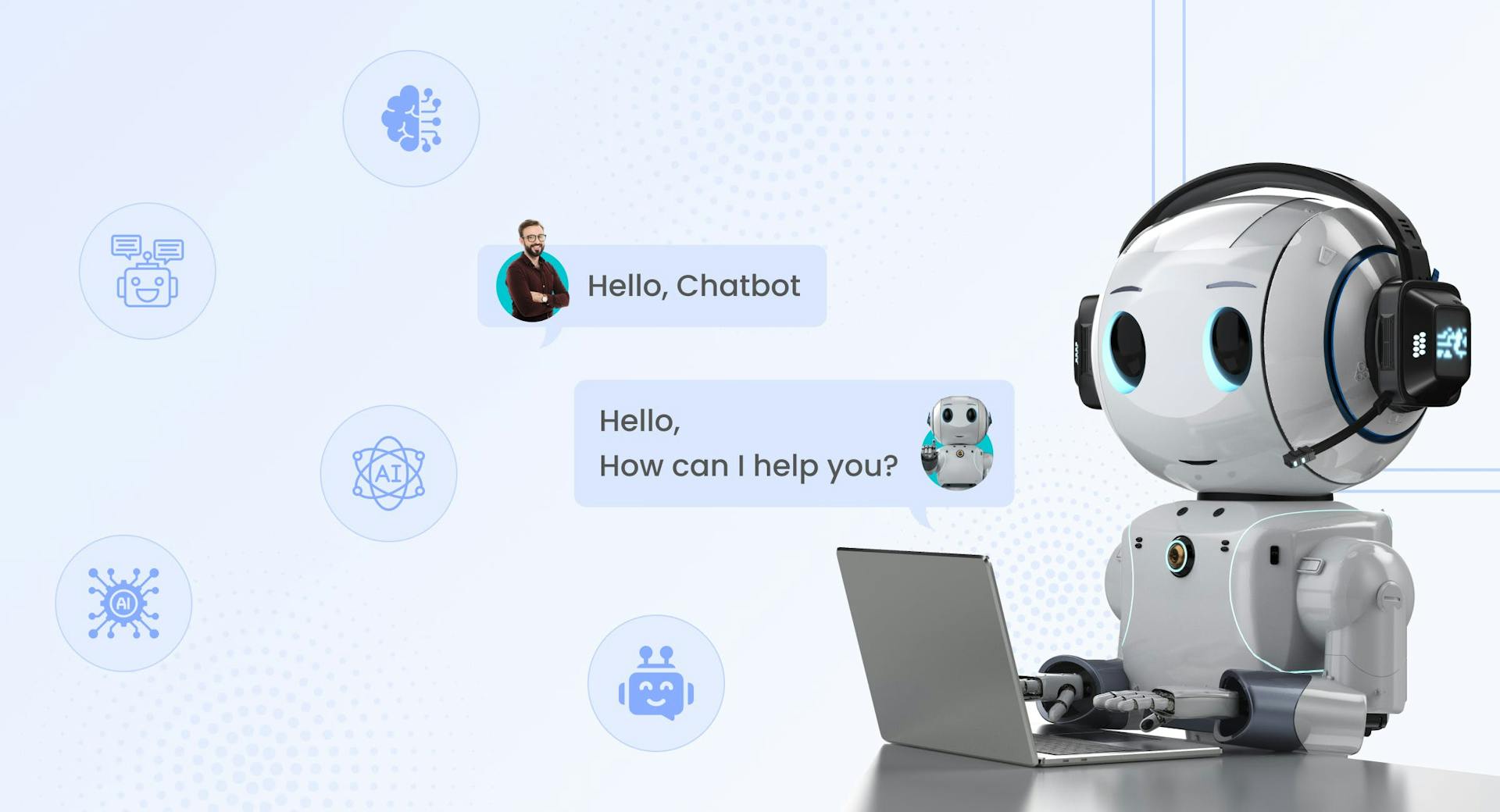
What we want to build next.

Nick Clarke
@NickGreywingPublished on 7th Jan 2024
6 minutes read
What you see below is limited by my imagination. It could be incorrect. The changes will likely be faster and more widespread than I am able to theorise based on what we know now.
"The greatest shortcoming of the human race is our inability to understand the exponential function”-Professor Albert Allen Bartlett
We build AI tools. But it's our customers who decide what tools we build next.
At the moment, we are building SeaGPT for Crewing, so you can have a conversation with your data. We are also building Ocean Oracle, a tool that opens up complex documentation so you can ask it questions (imagine a Cargo or Machinery Manual). We have one other project that we are working on, which is under wraps for the time being (but it won't be for long). 👀
But what does the future look like from the perspective of Crewing & AI?
Whether from an FDA from a vendor, a Crew Passport upload or Training Certification, consider it gone.
That is a false promise, I hear you say?
OCR (Optical Character Recognition) has been around for years. The problem is that training OCR to recognise a document, whilst possible, is a lengthy and costly process. When we combine that with the multiple formats and differences from one crew training certificate or passport to another, and the frequent changes in how documents are formatted, it just does not make sense to set that up.

What has changed is that Generative AI tools can now consume data on Certificates, passports, CoCs and any other document in the same way a human can. It can differentiate context and formats and extract the data with total accuracy. This means that however many changes or variations there are in a document, generative AI tools can interpret, extract and structure that data. If your team members can figure out how to copy data from a CV or Certificate, then Generative AI can, too.
Right now, there are companies in the market that facilitate the process of requesting, sometimes comparing, and reconciling PDAs and FDAs. After that, they handle the disbursements. With Generative AI, this process will be completely automated.
Generative AI cannot only communicate in a contextually appropriate way with Port Agents but can also work through the process of reconciliation, comparing the FDA with the PDA and aligning and resolving discrepancies between multiple parties. As this happens, there will likely be some consolidation in this market, and whichever company is most easily able to transition to a fully automated solution will become the dominant player.
What is certain is that the business model of having remote teams based in low-cost countries facilitating the reconciliation of quotes and invoices will end within the next two years. The technology is available to do this now; the only question is how quickly the players in the DA ecosystem will adopt it.
In the future, AI Agents will work for you to gather information, execute tasks and liaise with counterparts. From the perspective of a Crew Manager, their role will trend towards being a management role. They will be much less burdened by facilitating manual planning and administration tasks.
Imagine a world where you have one AI Agent liaising with your Manning Agents. The AI chases outstanding documentation, updates readiness dates, and advises the manning agents of future manning requirements they should start planning for. At the end of the day, it summarises how your crew pool looks and whether there are any critical risks to follow up on. But on the whole, it makes sure crew are available promptly, with Passports in date, Visa’s Issued and Certifications and Training up to date.
You will have an AI Agent responsible for Crew Matrix Planning. It will give you a regular update on how the crew planning looks for the next few months and let you know where additional resourcing requirements have been handed off to the AI Agent for Manning. You can see Crew Planning happening in real-time, and if someone drops out or decides to extend their contract, the AI Agent simply gives you a list of alternatives. On a weekly basis, you check the AI Agents’ planning and sign it off.
Finally, you’ll have an AI Agent handling the Crew Changes. It will know where all of the crew are at any one time. It will source flights, agency quotations and check Visas for the crew and give you the ability to confirm its recommendation or select another as the best port of call to do the crew change.

Let’s say you’ve just finished work and are heading to pick up your kids from school, and you get a call letting you know that a crew member has missed their flight and is stuck in Lazaro Cardenas. No problem. You ask the AI Agent to contact the travel agent and liaise with the Travel Agent and Crew Member to rebook a new flight; if the crew member needs accommodation, sure thing, the AI Agent can facilitate that booking with the Travel Agent and ensure it's within budget. What you can expect is a summary, sent over WhatsApp, Teams or Email, telling you what happened, where the crew member is, when they can expect to be home and what the cost implications will be. Meanwhile, whilst the AI Agent handles this, you have picked the kids up, taken them home, put the dinner on and just make sure the confirmation meets your expectations. You manage the process. You are present in your own life.
So what are you doing? If the AI Agents can handle all of this administration, what's left for the Crew Manager to do?
Well, think back. Before you became a crew manager, what did you think it would be like?
Perhaps you thought you would be helping people working at sea in a high-risk job, separated from their families. Maybe you thought you’d have the chance to build relationships with them, mentor them, help them with their career management and progression goals. The sense of operating as the Shore link for a disparate range of people with different needs, expectations and aspirations.
That's what you’ll be doing; instead of chasing travel agents, port agents and manning agents for the information you need to do your job, you will spend your time helping the people who matter.
It will be a happier life for a Crew Manager.
And it will be a more profitable life for the vessel owner or ship manager.
AI will drive economies of scale. Think of what the impact will be for other companies in the maritime industry as they can scale their fleet, increase compliance, reduce crewing costs, minimise mistakes and drive profitability. Think about your competitors, how they will harness AI to outmanoeuvre you, and what they have already started doing.
And then do that before they do.
Want to stay updated on all things AI we're building for Maritime? Sign up to our monthly newsletter here.

We release every week.
Learn about new tech in maritime, and what we've built as soon as it's live.